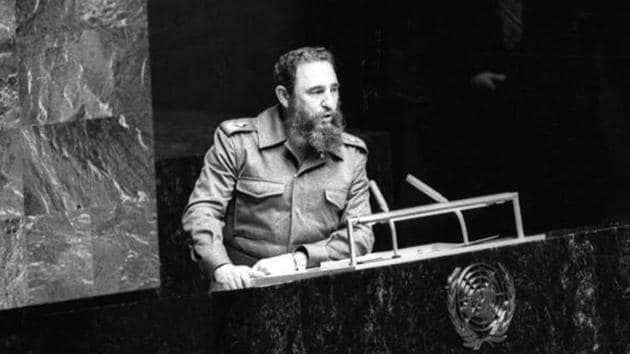On October 12, 1979, Fidel addressed the General Assembly of the United Nations, speaking in his capacity as President of the Non-Aligned Movement. The Non-Aligned Movement is a conference of heads of state or government dedicated to the defense of the sovereignty of the formerly colonized nations. It holds summits every three years, chaired by countries elected to serve as president of the Movement for three-year terms on a rotating basis. The Conference was established in Belgrade, Yugoslavia in 1961 by twenty-three governments, including twenty-one from Africa and Asia plus Yugoslavia and Cuba; it today has 120 member states. Cuba served as President from 1979 to 1982, during which time Fidel denounced the turn of the world powers to neoliberalism; and from 2006 to 2009, when Cuba played an important role in renewing the Movement’s classic anti-colonial Third World project of the period 1961 to 197…
© 2025 Charles McKelvey
Substack is the home for great culture



